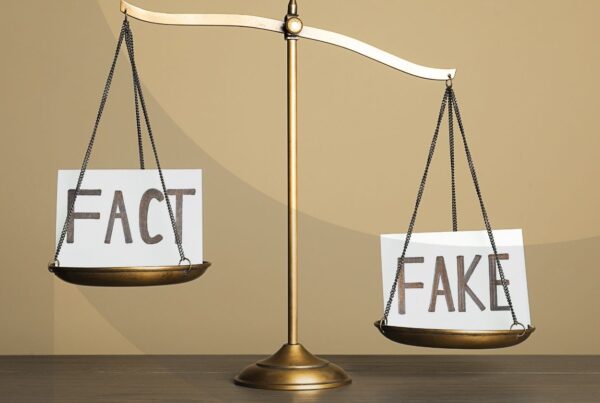By Noemi Pollack
This article originally appeared on Agility PR.
The word “authentic” or “authenticity” as it is often used, is today very popular indeed. Everyone wants to be perceived as authentic. Authenticity is attractive. But curiously enough, nobody can really describe why someone comes across as being authentic. Clearly it must be a combination of personality traits. But what?
Futurist David Houle, recently wrote a post, titled, “It’s the Authenticity, Stupid” which is clearly a take-off from James Carville’s famous line about the 1992 election, “It’s the economy, stupid.” In Houle’s post, he used the recent presidential candidates in the 2016 election as examples of who came across as “authentic” and who did not. The winner in that comparison was Bernie Sanders, who was generally perceived as more genuine than the others in that pool, and therefore more “authentic.” But Houle did not specify as to exactly why, just that he did.
I wanted to know the why and how to pinpoint authenticity, whether in a person or by a company. So, after delving deeper, I came up with my own descriptors as to what it takes to be authentic:
- Be guileless
- Be devoid of attitudes and pretentions
- Have your finger on the pulse of those you are addressing, and
- Tell the truth in a personable and genuine manner
Now really, how many of us can be guileless, and drop pretentions at all times? Apparently, there are those who can, like Bernie Sanders.
Millennials understand this best, for they grew up in an era of evolved transparency, brought about by technological advances. Businesses can no longer baselessly brag, embellish their successes, say something and mean another, expand on their truths and pontificate instead of actively participate in the community in which they do business. Also, the “rules of engagement” of social media have elevated “the art of listening” and downgraded “the need to be entertaining”—making authenticity an easier and more natural evolution.
Those boomers who are still stuck in the way of doing business of another era come across as slick, robotic, well-packaged, entitled, arrogant, boasting, self-aggrandizing and banking on group stereotypes’ mentality.
Real authenticity depends on the courage to be one’s own persona and not be concerned with what everyone else thinks—and being authentic is still best described as “je ne sais quoi…” meaning an indefinable, elusive quality.
For more agency insights, visit our WellRed archives






